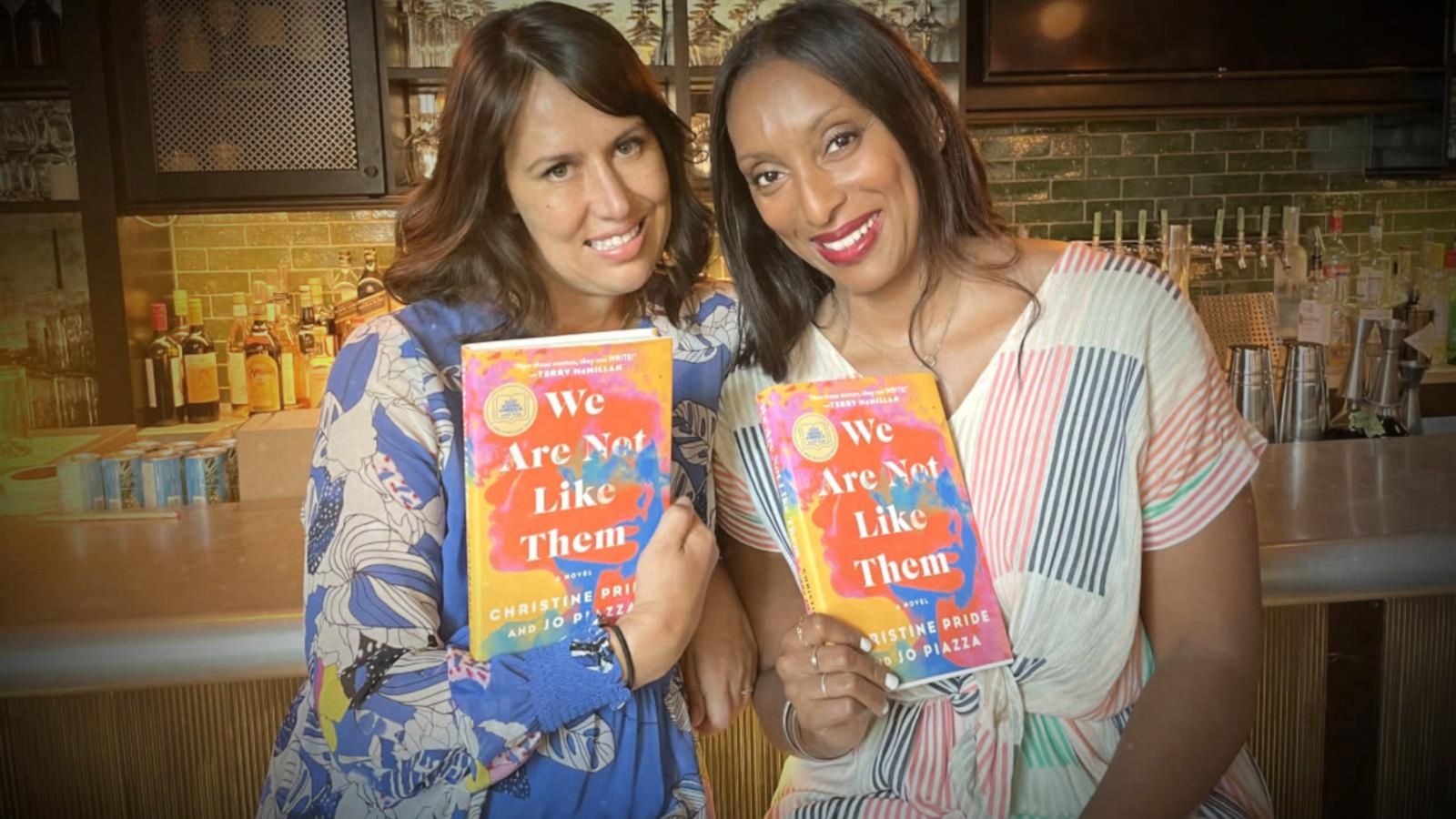

Were you willing to give Jen’s character more flaws because there wasn’t as much pressure for her? There were different stakes to getting Riley’s character right than with Jen’s character. And in a way, she is, because when you have so few characters they do gain an outsized importance. It's easy for people to think that she’s representative of Black women in America today. Most particularly with Riley because there's still so few Black heroines in commercial women's fiction. We were really intentional about how we developed these characters. I’ve cycled through 1,000 feelings in the first ten minutes of this interview. I’m very confessional and open about everything. That’s the polar opposite of who I am as a person. It’s easier for Riley to stuff her emotions down, to not feel things.

Even if I say that I brought a lot of my personal experiences with race to this book, that doesn't mean that any of that is representative of other Black people's experience with race. It should also be noted that every Black person doesn’t deal with race in the same way. A lot of things you read in the book did really happen to me, especially the microaggressions. The whole point of us writing together was to make the book authentic, and to do that you have to draw from your personal experiences. Pride: That's a perfect way to describe it. We brought our life experiences to the page, but the characters weren’t us. It’s very easy for readers to assume that the characters are you. Christine will hear things in all-Black spaces that people won’t say in front of white people, and I will hear things in all-white spaces that people will not say in front of Black people.


 0 kommentar(er)
0 kommentar(er)
